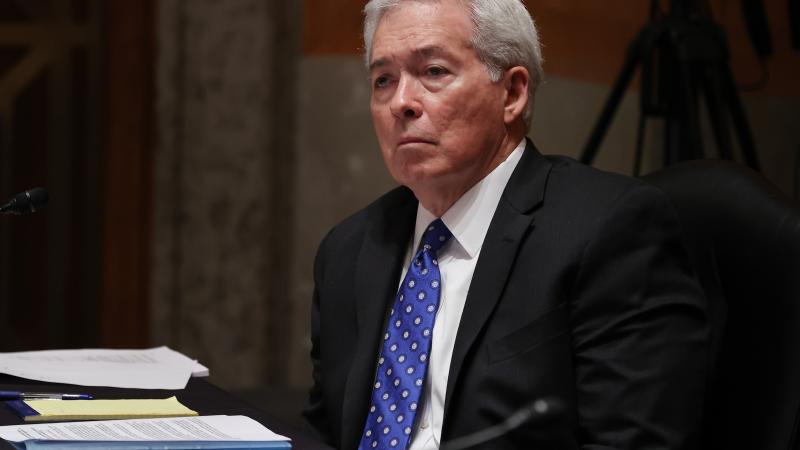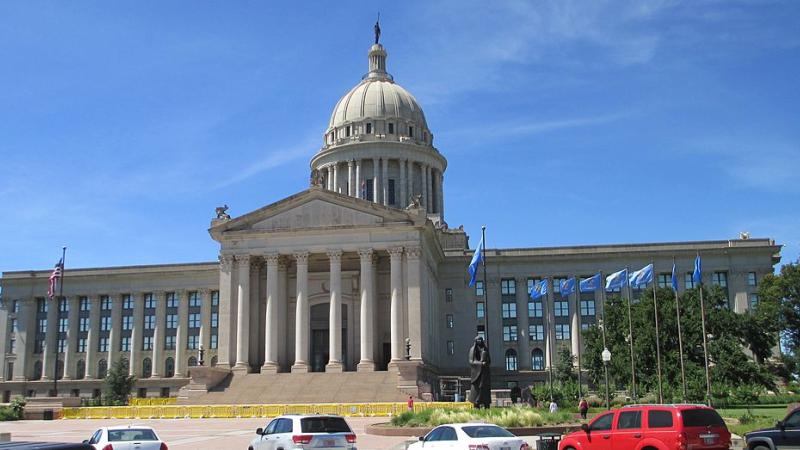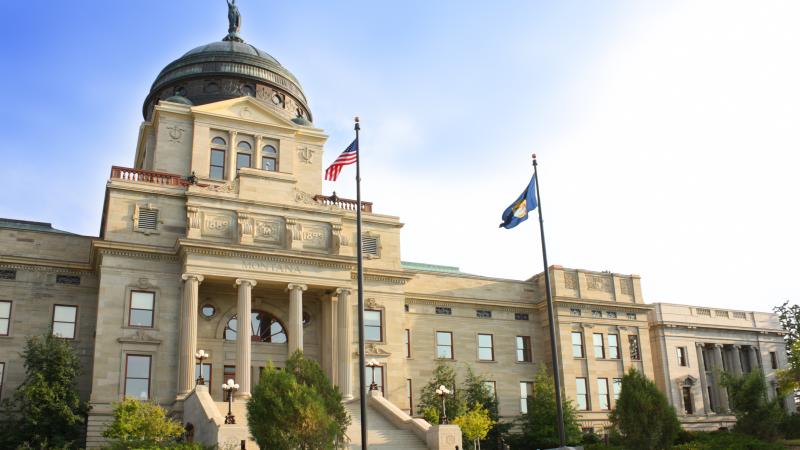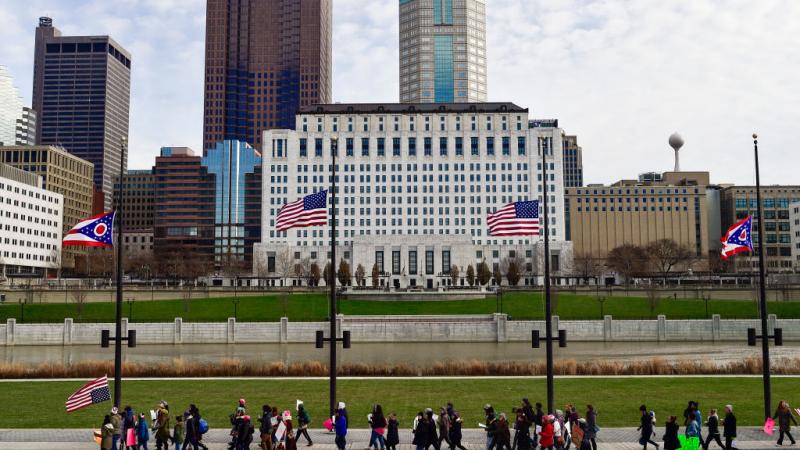Supreme Court set to hear case of Christian postal worker who refused to work on Sundays
Gerald Groff hopes his case establishes a new legal precedent requiring employers to make greater sacrifices to accommodate religious freedom rights of employees.
The Supreme Court will hear oral arguments on Tuesday in the case of a former missionary and United States Postal Service employee who refused to work Sundays, citing his Christian faith and the biblical commandment to "keep holy the Sabbath day."
In 2019, Gerald Groff resigned from the Postal Service, claiming he had been harassed and targeted for refusing to work on Sundays. He then sued USPS, alleging they violated his religious rights. His claims were denied by a U.S. district court in Pennsylvania and the Third Circuit Court of Appeals. The Supreme Court took his appeal Jan. 13.
"Personally, I would like God to be glorified through this," Groff said in an interview with First Liberty Institute, the religious freedom legal nonprofit representing him. "That's the only thing I care about. It's all about what God wants to accomplish through this. Legally, I would love to see a precedent set that people don't get treated the way I did, that their faith is respected, that if they have the conviction like I did to not work on the Lord's Day, that would be honored."
When Groff came back from a mission trip in Nepal, he returned to his hometown in Lancaster, Pa., and went to work at the Postal Service, as workers there were historically not expected to work on Sundays.
According to The Daily Wire, Groff had an arrangement with his employers under which he worked extra shifts on Saturdays in order not to work Sundays. This deal worked out for a while, until Groff started being scheduled on Sundays and threatened with disciplinary actions.
Groff's legal team hopes that Groff v. DeJoy will overturn a precedent established in Trans World Airlines v. Hardison. In that landmark 1977 case, the Supreme Court ruled that Title VII of the Civil Rights Act of 1964 established a "de minimis" burden test for religious accommodation in the workplace rather than a more religious-freedom-friendly "undue hardship" test, which requires that employers undertake significant difficulties or expenses to make accommodations.
"Every circuit court since then has watered down the Civil Rights statute to such a point that they adopted this de minimis standard," First Liberty Institute Special Counsel Jeremy Dys told the Daily Wire. "They all now believe that when it comes to religion, you only have to show just a little bit of a burden on an employer's business. When it comes to disability and gender, it's undue hardship. But only when it comes to religion, it's the minor standard of de minimis."
Dys emphasized that he hoped not only that Groff could go back to his job if the court rules in his favor, but that future employees won't have to choose between career and faith.
"The hope is that not only does Gerald go back to that career potentially, but also that every employee doesn't have to face that choice he had to face," he stated. "That they don't have to face that temptation of compromising their religious beliefs in order to maintain their career."















